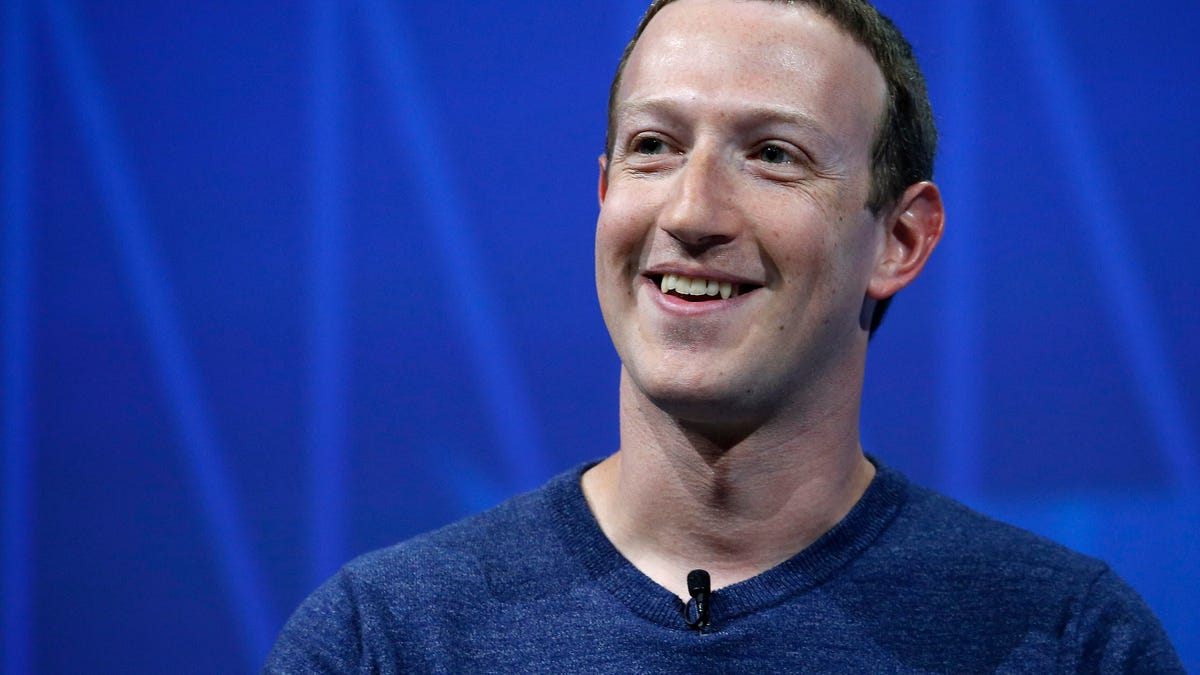Facebook hopes to scale China's Great Firewall with an innovation hub
Its platform is banned in China, but that doesn't mean Facebook can't help startups.

Facebook may be banned in China, but you don't become the world's biggest social network by giving up.
Facebook has plans to open up an innovation hub in China, reports the Wall Street Journal. It would be responsible for supporting established companies and startups , thus giving Facebook exposure to China without its apps having to be legal.
"We are interested in setting up an innovation hub in Zhejiang to support Chinese developers, innovators and start-ups," a spokesperson said to CNET. "We have done this in several parts of the world -- France, Brazil, India, Korea -- and our efforts would be focused on training and workshops that help these developers and entrepreneurs to innovate and grow."
China is the world's biggest internet market, with around 772 million users -- over double the entire population of the United States. But its government-instituted censorship rules have long kept the country's population from a range of US-based websites, limiting citizens' ability to share information and opinions on sensitive subjects.
Facebook is one of many platforms that can't be accessed from China, a club that also includes Twitter, some Apple services and almost all of Google.
It's possible Facebook's move is also a diplomatic one. It's reminiscent of Apple, which attempted to improve its business relations with the Chinese government by investing $1 billion in ride-hailing service Didi Chuxing in 2016.

